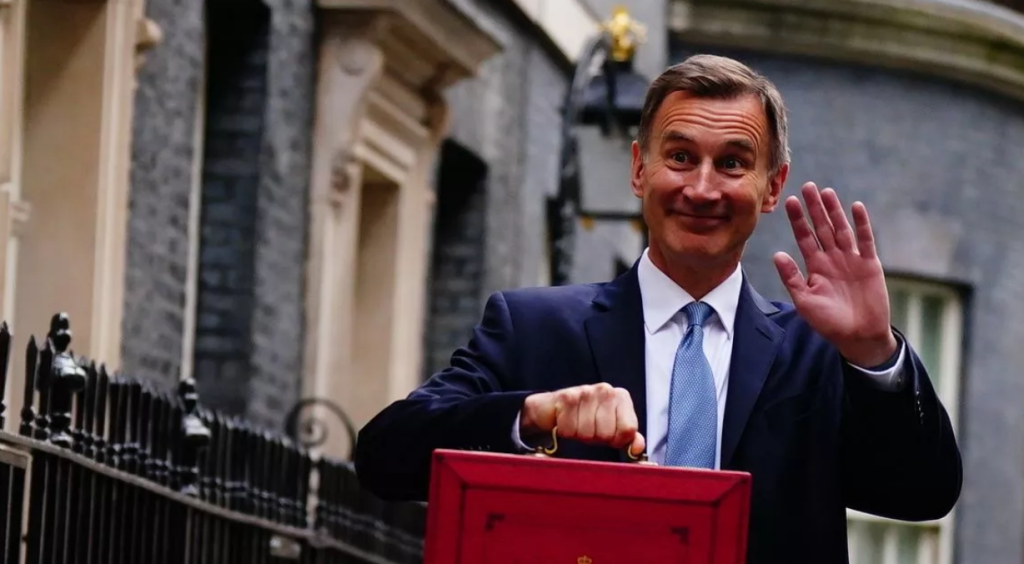Following the economic turmoil brought on by his predecessor, Jeremy Hunt sought to further steady the ship and steer the UK towards calmer, more stable waters. No-one was expecting Rishi and Jeremy to stand on the top step of the House of Commons and litter the ground with generous tax cuts and government handouts, but this Autumn statement was still a bitter pill to swallow – albeit an arguably necessary one.
Jeremy opened with the three key focus points for this budget – stability, growth and public services. Time (and the markets) wasn’t kind on the last budget, so it will be interesting to see how an approach at the other end of the spectrum is received.
Income tax, NI and Inheritance Tax bands frozen until April 2028
There’s a reason why this is often referred to as a stealth tax. Although this may not seem too catastrophic, with current rates of inflation touted at around 11%, this will mean that a much higher proportion of people’s income (and inheritances) will be taxed at a higher rate as time progresses.
Threshold for 45% tax reduced from £150,000 to £125,140
Aimed at placing the tax burden on the shoulders of those who can afford it most, this will result in an additional £1.2k of tax per year on tax payers earning in excess of £150k.
Capital Gains Tax – Annual Exemption slashed
Over the next two years, the annual level of capital gains that can be enjoyed before capital gains tax is applied will be slashed from £12,300 today, to £6,000 in 2023/24 and finally to £3,000 in 2024/25.
This will not only mean that more capital gains tax will be payable, but it will also increase the administrative burden of taxpayers and accountants alike as such gains need to be disclosed in tax returns.
Business owners (and property owners) will however breath a big sign of relief that there hasn’t been a greater raid by the Treasury on CGT, given that over the past few years there have been suggestions that CGT could be aligned much more closely to the far higher rates of income tax.
Dividend Allowance – disappearing quickly
The dividend allowance is dwindling even further, following its cut in 2020/21 from £5,000 to its current level of £2,000. The government announced that this will be halved in 2023/24 to £1,000, before halving again in 2024/25 to £500.
Increase in the National living wage
The National Living Wage will be increased from £9.50 an hour for over-23s to £10.42 from April 2023
Protection of the Triple Lock – Pensions & Benefits
Both pensions and benefits will rise in line with inflation – often referred to as the triple lock. This means that the full state pension will rise to £10,600 in April 2023. Protection of the triple lock ensures pensions cannot be overtaken by the rate of inflation and cost of living crisis.
Windfall Tax
The energy industry will be subject to an expanded windfall tax, moving from 25% to 35%. This will be a temporary tax beginning in January 2023 and ending in March 2028. There will also be a 40% tax on profits from older renewable and nuclear electricity. Finally, a temporary 45% levy on extraordinary returns from electricity generators will be put in place to raise additional funds.
Business Rates
The uniform business rates multiplier will be frozen at 49.9 pence (small business rate) and 51.2 pence (standard rate) for the 2023/24 rate year.




